
 |
|
|
Fruits
Volume 61 Number 18 Date 09/01/2016 BROWN MARMORATED STINK BUG - Nymphs and adults are expected to remain active through October. Fruit growers and homeowners are advised to watch for this pest as the bugs swarm during warm fall days in search of overwintering sites. The brown marmorated stink bug is established in Dane County and likely in Rock County, where three adults and one nymph were caught in a pheromone trap on August 29 and 30. As previously requested, any swarms of stink bugs noticed this fall should be reported to DATCP at 1-866-440-7523. SPOTTED TENTIFORM LEAFMINER - The third and last flight of the season has declined to low levels in most orchards. Counts ranged from 0-187 moths per trap from August 25-31, except near Edgar in Marathon County where 815 moths were captured. Moth flights should subside by mid-September. WISCONSIN FRUIT NEWS - UW-Madison researchers recently published its 10th issue of Wisconsin Fruit News, a new report highlighting current research on the state's fruit crops. Issued every other week since mid-April, WFN has included scouting reports, plant development updates, pest and disease management research summaries, and many other topics of importance to Wisconsin fruit producers. All growers of berries, cranberries, grapes, and tree fruits are encouraged to subscribe at http://fruit.wisc.edu. YELLOWJACKETS - Significant numbers of these late-season fruit pests are damaging grapes in many of the state's vineyards. Grape clusters should be promptly harvested as they ripen to discourage yellowjacket feeding. Basic sanitation practices such as removing overripe or damaged fruit are also useful. Commercially available traps deployed earlier in the season can help to reduce numbers and the population buildup that often occurs by late August. Insecticides are not effective in managing yellowjackets in vineyards. -- Krista Hamilton, DATCP Entomologist 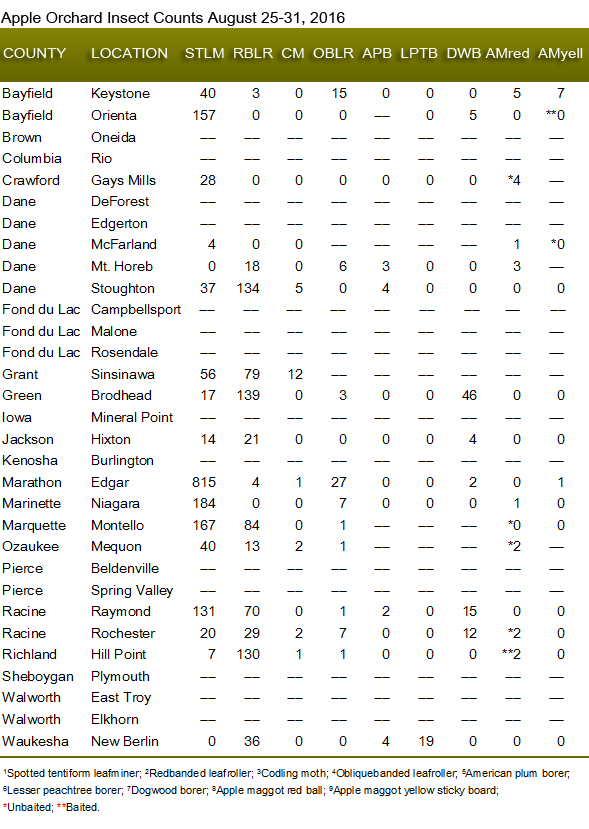
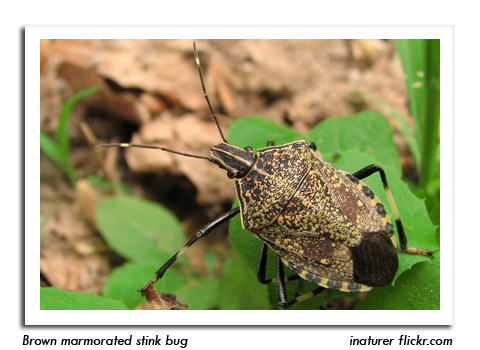
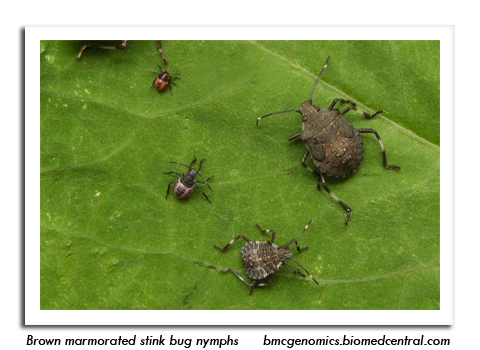
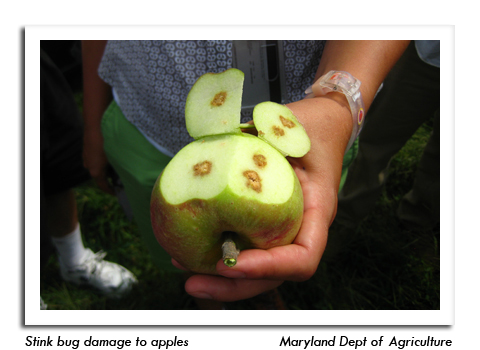
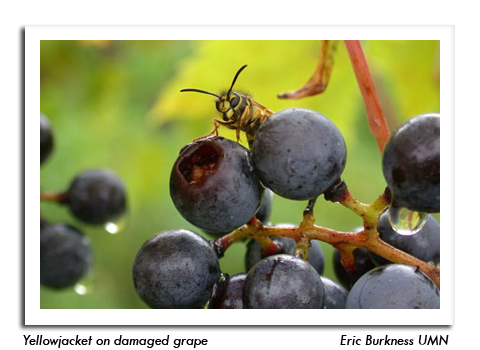
|
|
|